
The director of the Adult Genetic Epilepsy Program at the University of Toronto shared “back-to-school” guidance on best practices in helping young patients with epilepsy transition to adult care.

The director of the Adult Genetic Epilepsy Program at the University of Toronto shared “back-to-school” guidance on best practices in helping young patients with epilepsy transition to adult care.

New findings presented at the 2025 International Epilepsy Conference indicated that cenobamate may provide benefits beyond seizure control in patients with uncontrolled focal-onset seizures.
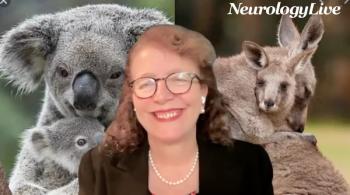
The laureate professor at the University of Melbourne detailed the design and promising results of the PACIFIC trial of bexicaserin, an agent in development for epileptic encephalopathies. [WATCH TIME: 4 minutes]
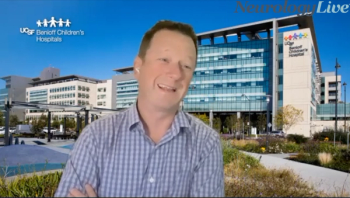
The director of the Pediatric Epilepsy Center at UCSF provided perspective on the advances in the treatment of Dravet syndrome, emerging research concepts in the field, and the influence of genetic testing. [WATCH TIME: 5 minutes]

The director of the Pediatric Epilepsy Center at UCSF provided perspective on STK-001, a promising antisense oligonucleotide in development, and the shift in how Dravet syndrome is discussed and managed.

One meta-analysis featuring 8 studies showed that more than half of patients reported a 100% reduction in their generalized tonic-clonic seizures or tonic-clonic seizures.
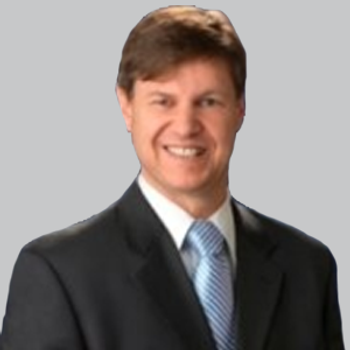
Treatment with diazepam nasal spray resulted in a statistically significant change in time between seizure clusters, potentially reflecting a beneficial effect of intermittent rescue therapy.
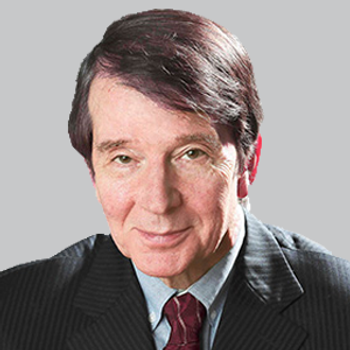
Half of the treated individuals saw a reduction of more than 50% in the number and duration of epileptic spasms following treatment with CER-0001, a ketogenic therapy.
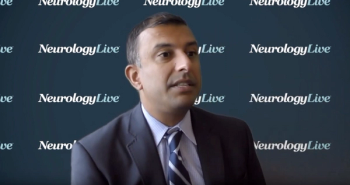
The associate professor of clinical pediatrics and neurology at Ohio State University and section chief of pediatric neurology at Nationwide Children’s Hospital stresses the importance of broadcasting correct information to the public concerning epilepsy.

The section chief of pediatric neurology at Nationwide Children’s Hospital discusses the realities parents face when exploring CBD to treat epilepsy.
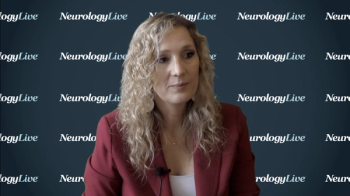
The professor of medicine, neurology, at the University of Toronto shared insight into the importance of communication and a good network of physicians to an adult neurologist caring for patients with epilepsy.
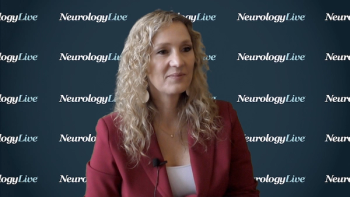
The professor of medicine, neurology, at the University of Toronto discussed the best ways for adult neurologists to ensure a smooth transition of care for patients with epilepsy entering their care.
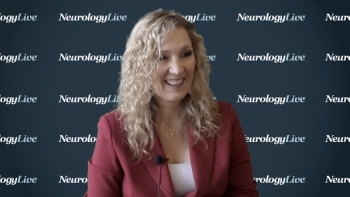
The professor of medicine, neurology, at the University of Toronto discussed the best ways for pediatric neurologists to ensure a smooth transition of care for patients with epilepsy who are leaving the pediatric system.

The professor of medicine, neurology, at the University of Toronto discussed the need for physicians to work together while transitioning patients with epilepsy—who may have any number of comorbidities—from pediatric care to adult care.

The professor of medicine, neurology, at the University of Toronto spoke to the hurdles faced by both pediatric and adult neurologists when transitioning a patient with epilepsy from childhood care to adult care.

The director of comprehensive epilepsy center and professor of neurology at Thomas Jefferson University spoke to the evolution of epilepsy interventions over the last decade and its effect on the level of care for patients.
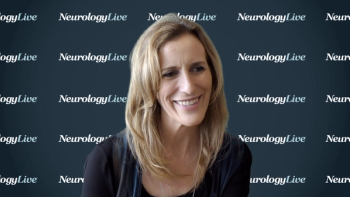
The clinical neuropsychologist and head of the School of Psychological Sciences at the University of Melbourne discussed the results of a study she and colleagues conducted in which they mapped the long-term social outcomes of patient post-epilepsy surgery.
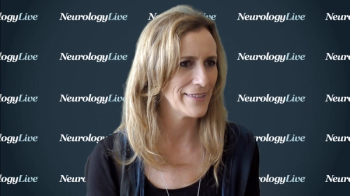
The clinical neuropsychologist and head of the School of Psychological Sciences at the University of Melbourne detailed how the transition from states of illness to wellness after epilepsy surgery can result not just in brain changes, but psychosocial challenges for patients.
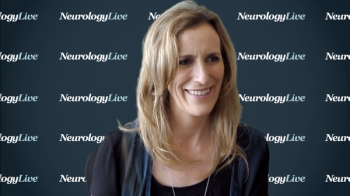
The clinical neuropsychologist and head of the School of Psychological Sciences at the University of Melbourne spoke about what physicians need to provide to help patients through the adjustment period after epilepsy surgery.
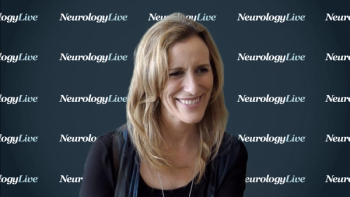
The clinical neuropsychologist and head of the School of Psychological Sciences at the University of Melbourne discussed the early-stage research into neurorehabilitation post-epilepsy surgery, and the promise it might hold to address surgery’s long-term risks.
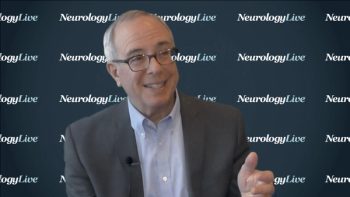
The director of the Jefferson Comprehensive Epilepsy Center discussed what’s currently being developed in the treatment of epilepsy, as well as the emergence of different methods of stimulation and neuromodulation.
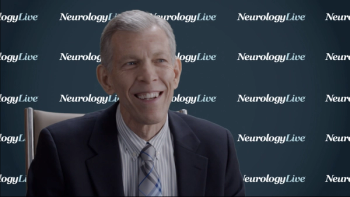
The professor and chief of pediatric neurology at Le Bonheur Children’s Hospital and the University of Tennessee Health Science Center discussed the decision-making process for choosing interventions for patients with epilepsy, and how to keep patients adherent.

The professor and chief of pediatric neurology at Le Bonheur Children’s Hospital and the University of Tennessee Health Science Center spoke about the concerns of uncontrolled epilepsy and how to determine if a patient requires more than one treatment for their epilepsy.
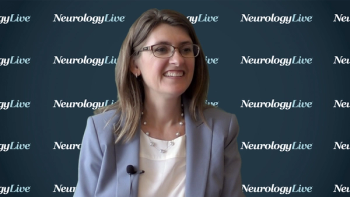
The pediatric neurologist and epilepsy specialist at Children’s Hospital Colorado discussed the popularity of cannabidiol from coverage in the media, and how she sees its use—and the understanding of it—evolving in the coming years.

The pediatric neurologist and epilepsy specialist at Children’s Hospital Colorado spoke about the need to continue to research therapies once they’re approved to better understand their use, and how cannabidiol falls into this category.

The director of the Jefferson Comprehensive Epilepsy Center spoke about the improvements that have come along with some of the surgical advancements in the treatment of epilepsy, specifically with laser interstitial thermal ablation.
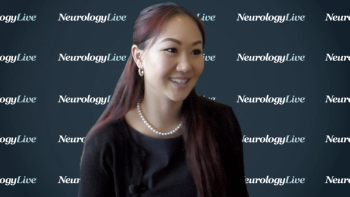
The neurology resident at the University of California San Francisco discussed how new wearable technology and electronic diaries have helped improve the understanding of seizure rhythmicity, and ultimately, epilepsy care.

In order to improve patient care in epilepsy, physicians need a more consistent and cohesive method of recording patient seizure activity. As wearables get more sensitive and specific, using them in tandem with electronic seizure diaries may help address the challenge.

The neurology resident at the University of California San Francisco spoke about the role that seizure diaries can play in a patient’s peace of mind, as well as in the understanding of that patient’s response to a given treatment.

Patients whose EEG changes were monitored prior to onset of clinical seizures and who were given preventive therapy demonstrated a lower risk of epilepsy overall, especially drug-refractory.